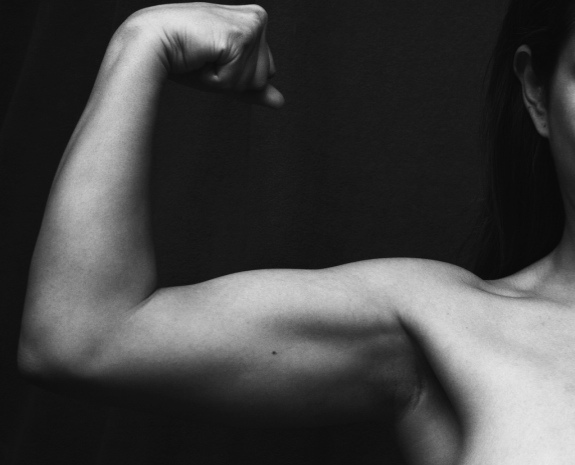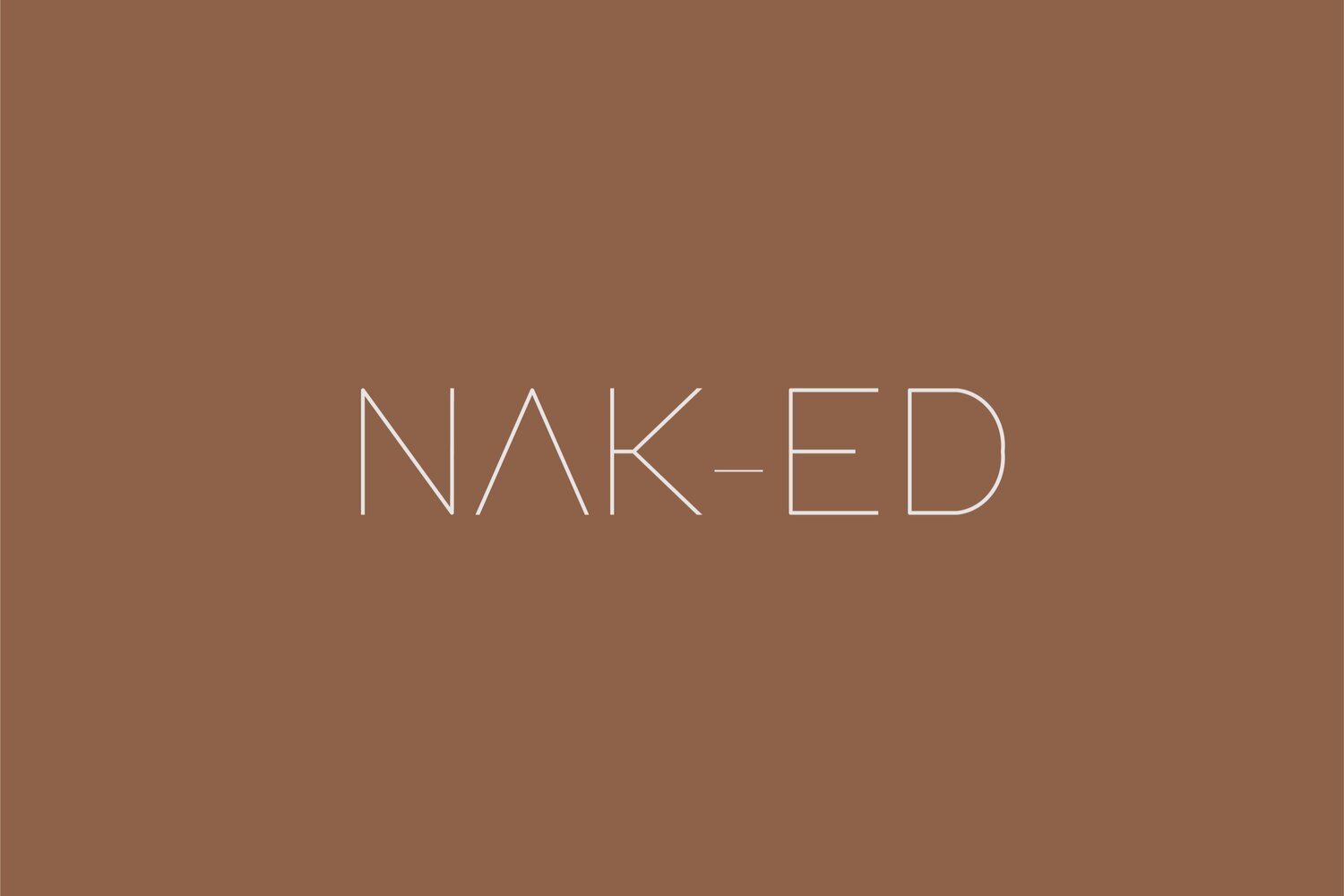Will antiperspirant give you breast cancer? Probably not, say scientists—but without a definite ‘no’, many women prefer to avoid underarm chemicals. Good puts aluminium-free and low-chem deodorants to the test
Will antiperspirant give you breast cancer? Probably not, say scientists—but without a definite ‘no’, many women prefer to avoid underarm chemicals. Annabel McAleer puts aluminium-free and low-chem deodorants to the test
Photo by ggvic via Flickr
If you’ve got breasts and an email account, it’s probably landed in your inbox: the anti-antiperspirant email. “The leading cause of breast cancer is the use of antiperspirant,” it declares. “Antiperspirant, as the name clearly indicates, prevents you from perspiring, thereby inhibiting the body from purging toxins from below the armpits … Instead, the body deposits them in the lymph nodes below the arms. This causes a high concentration of toxins and leads to cell mutations, aka cancer.”
The email’s been bouncing around the world for a decade, but is there any truth to it?
Establishing a clear link between any chemical and cancer is a tricky business for researchers, but this email gets it dead wrong. Antiperspirant is definitely not the leading cause of breast cancer. Scientists are yet to find any conclusive link between the use of antiperspirant and breast cancer, although they’ve managed to identify several other risk factors: a family history of breast cancer, early menarche, obesity, smoking, drinking lots of alcohol, lack of exercise and old age. Almost half are within our control.
The active ingredient in antiperspirant is an aluminium-based compound, which forms a temporary plug in the sweat glands under your arms. (Deodorants let you perspire but inhibit the growth of the bacteria that eat your sweat and make it smell.) Antiperspirant stops you perspiring, but only where it’s applied—and the average person has at least two million sweat glands all over their body. The email’s also wrong about sweat removing toxins; that’s the job of the liver and kidneys. Sweat’s almost entirely water, plus some minerals (mainly salt).
Whoever wrote the antiantiperspirant email clearly didn’t go to med school … but as with all rumours, there’s a tiny grain of truth.
Although there’s no research proving a clear link between antiperspirant use and breast cancer, the results of several studies have been conflicting and inconclusive. Some have suggested that the aluminium-based compounds in antiperspirant may be absorbed by the skin near the breast, where they can have oestrogen-like effects. Parabens (common cosmetic preservatives found in some antiperspirants and deodorants) have been found in breast cancer tissue, where they may also have oestrogenmimicking qualities—although scientists agree their effect would be insignificant compared with that of natural oestrogen.
We know that oestrogen can promote the growth of breast cancer cells. But since most women use deodorant or antiperspirant, and parabens are found in many other products, it’s still unclear whether underarm products cause the build-up of parabens or aluminium-based compounds in breast tissue, or whether they’re responsible for any breast cell changes.
The US National Cancer Institute says more research is required to find out whether there’s a link between breast cancer and antiperspirant use. That’s not particularly reassuring for women in New Zealand, for whom breast cancer is the most common cancer and the leading cause of cancer death. Understandably, many women choose to avoid any products with links to the disease, however tenuous.
(Aluminium has also been connected to Alzheimer’s, although evidence is similarly inconclusive. Antiperspirant’s not considered a risk factor though, since we absorb a lot more aluminium from our food and drink.)
To err on the side of caution, switch to an aluminium-free deodorant and keep parabens away from your pits. They’re easily indentified: check the label for ingredients like methylparaben or propylparaben. Also check the label for artificial fragrance, which can contain phthalates (possible hormone disrupters). If you want to avoid commercial products entirely, DIY alternatives include rubbing baking soda, a bar of soap, half a lemon, vinegar or alcohol under your arms.
No matter what product you use, avoid applying it directly after shaving, which causes tiny nicks in the skin under your arms. If you’re feeling defiant, you might even consider putting away the Bic. Turns out underarm hair does have a purpose: it removes sweat from the skin, keeping it dry and slowing down growth of BO-making bacteria. Wearing clothes made from low-odour fabrics such as merino wool can also minimise whiffiness.
After three weeks’ testing low-chemical deodorants, I found that some were almost as effective as antiperspirant, while others didn’t seem to do much at all—meaning I had to wash my tops after one wear, when I usually get away with two or three. Perhaps I’m being cavalier, but I’d prefer to wear antiperspirant and wash my clothes less often, conserving time, water, electricity and my wardrobe.
That doesn’t mean I’m throwing caution to the wind. There are many other, proven risk factors within our control. If you do ditch your antiperspirant, make sure you also eat healthily, get a reasonable amount of exercise, don’t smoke or drink too much alcohol, get a screening mammography from the age of 45—and treat emailed health warnings with a healthy dose of scepticism.

The Herb Farm
Kiwi brand The Herb Farm’s natural deodorants have subtle, gender-neutral fragrances. Good blogger Miyuki McGuffie tried it on her boyfriend, and it kept him odourless through six hours of house-painting. $11.10 for 50ml.
www.herbfarm.co.nz

Biologika
Australian-made Biologika is an organic deodorant that comes in a range of fragrances (Miyuki loved ‘Lemon Kiss’). Good blogger Sarah Jefferies really liked the product, although it was more effective when wearing natural fibres and the scent wore off by the end of the day.
$15.50 for 70ml, www.ecostoredirect.co.nz

Weleda Citrus
With lemon oil as its main ingredient, Weleda Citrus Deodorant was an unexpectedly effective product. One of the best in the bunch, it lasts a full day and its strong but pleasant lemon scent is nicely zesty and refreshing to apply on a hot summer’s day. $22.50 for 100ml. www.weleda.co.nz

Vrindavan
Vrindavan natural deodorants are made in Australia from organic ingredients. It goes on very wet, which Sarah didn’t like, but the deodorant lasts throughout the day and it performed well for Miyuki in 20°C weather and on walks. $14 for 50ml, www.ecoearthorganics.co.nz

Deonat
I was sceptical about Deonat, a solid crystal ‘mineral stick’ you moisten then rub under your arms to leave an invisible film of mineral salt, but it was the most effective product of all—possibly because it contains aluminium (in the form of alum, rather than absorbable aluminium chlorohydrate). Great value; will last for months. $13 for 100g,
from selected pharmacies

Dr Hauschka
The usually excellent Dr Hauschka was the worst of the bunch, leaving me smelling a lot worse at the end of the day than if I hadn’t worn deodorant at all. My husband described the end-of-day odour as “rancid”. $32 for 50ml,
www.drhauschka.co.nz

Sebamed 24 Hour Care
Although the Sebamed 24 Hour Care deodorant has the most ‘sporty’, mainstream-looking bottle, it was only moderately effective and needed re-application by mid-afternoon. $13 for 50ml, from pharmacies







